2017
27-29 Nov
Unicamp
Brasil
VII Seminário Conexões:
Deleuze e Cosmopolíticas e Ecologias Radicais e Nova Terra e…
Inscrições | Registration | Inscripciones
Programação | Program | Programación
Organização | Committees | Organización
conexoes2017@gmail.com
Home
VII Seminário Conexões
Deleuze e Cosmopolíticas e Ecologias Radicais e Nova Terra e…
Deleuze and Cosmopolitics and Radical Ecologies and New Earth and…
Deleuze y Cosmopolíticas y Ecologías Radicales y Nueva Tierra y…
Versões anteriores | Last versions | Versiones anteriores
Apresentação | Presentation | Presentación








27.11
9:00 às 9:30
Abertura
Local – Auditório do Centro de Convenções - Unicamp
Prof. Dr. Antonio Carlos Amorim, Profa. Dra. Susana Dias e Sebastian Wiedemann
9:30 às 12:00
Conferência [com tradução simultânea]
Toward a Politics of Immediation + Immediation Unlimited
Local – Auditório do Centro de Convenções - Unicamp
Profa. Dra. Erin Manning | Concordia University | Canadá |
Prof. Dr. Brian Massumi | University of Montreal | Canadá |
Mediador: Prof. Dr. Antonio Carlos Amorim
Toward a Politics of Immediation (Erin Manning)
A passage from Fred Moten haunts the writing of these words that seek to push a
politics of identity toward a politics of immediation. In a parenthetical aside in a paper on the city and the commune, Fred Moten cautions us as regards the critique of identity politics. Too often, he writes, critiques of identity politics are waged against "non-white, non-straight, non-male identity [...] while courteously leaving politics to its own uncriticized devices” (2016: 163). Through the figure of immediation, I ask: what happens when we do not insert a mediating gesture at the heart of experience? Is such a move capable of problematizing the figure of identity while still remaining sensitive to the fact for some the loss of a sense of identity may feel like the very same gesture as the colonial act of exclusion from the category of the human? In this double articulation of refusing mediation and introducing a time-form that challenges human-centred, colonial history, can we create an affirmative politics of emergent subjectivity that does not ignore that allegiances are necessary in the face of the systemic violence of oppression?
The task, it seems to me, involves recasting allegiance such that it need no longer be subsumed to identity, and, by extension, to the individual. For the individual, that pet-figure of neoliberalism, is nothing more than the other side of the subject, which is the other side of the human. To focus on the individual in an exploration of modes of existence, to make the politics about the individual, is to reinstall a mediation that knows in advance how to recognize the human as orienter of experience. The problem of identity must instead be engaged from the perspective of Wynter’s “descriptive statement” of the human. This category of the human, as Wynter underscores, is concerned to perpetuate a genre of the human (2015: 9). What kinds of sociality cut across this genre?
Immediation Unlimited (Brian Massumi)
This essay will address the question of the temporality of immediation. If immediacy is understood in accordance with traditional notions as an extensionless present point in time, it loses any connection with the past and the future, and it becomes impossible to concepualize the causal efficacy of techniques of immediation. If, on the other hand, it is attributed a temporal extension, then a return notions of mediation seem to be necessary in order to understand how that endurance is brought about and structured. This essay will attempt to overcome this tension
working between Whitehead's concept of the cut of decision and William James's "specious present". The specious present will be shown to involve a nonlinear concept of time, and the "cut" a generative untimeliness (figured as a differential) from which the specious present emerges as a kind of self-effecting surplus-value of the event of the cut. The "decisional" nature of this self-effecting will be explored, and contrasted with network notions of distributed agency and agential realism, which attributes agency to things. Immediation will be theorized as the prompted self-deciding of a complex event whose differential conditions of emergence exceed
what is normally thought of agency, while at the same time providing an opening for creative intervention with lasting effects.
14:00 às 15:00
Videoconferência [com tradução simultânea]
Surface Textures: the Ground and the Page
Local – Auditório do Centro de Convenções - Unicamp
Prof. Dr. Tim Ingold | University of Aberdeen | UK
Mediador: Sebastian Wiedemann
The monks of Medieval Europe would often compare the meditative practice of reading with the process of wayfaring through the landscape. The lines inscribed by hand on the parchment were likened to paths traced by foot on the ground. Both the page and ground are textured surfaces. In this paper I begin by exploring the surface properties of the ground, showing how it does not so much separate what is above (the sky) from what is below (the earth) as set up a zone in which sky and earth commingle. Thus the ground covers the earth but does not cover it up. Following the Victorian writer and art critic John Ruskin, I compare the ground to an earth-veil. I then show that the page of writing has equivalent properties: its texture is the text; its surface a veil. Taking the comparison one stage further, I suggest that the page, like the ground, is subject to the atmospheric influence of weather. This allows us to view writing itself as a process of weathering, and the hand of the writer as an agent of the atmosphere.
15:00 às 17:00
Mesa redonda
Da Guerra dos Mundos a uma nova ecologia dos afetos entre-mundos
Local – Auditório do Centro de Convenções - Unicamp
Mediadora: Profa. Dra. Alik Wunder
Prof. Dr. Almires Martins Machado | indígena Guarani | UFGD | Mato Grosso |
O fantasma das palavras e os equívocos vossos de cada dia - É sobre dores, silenciamentos e apagamentos de nós indígenas e na história de construção da nada gentil Pátria Brasil. Ou ainda sobre nossa existência como povos diferenciados e a insistência em nos apagar enquanto pessoas, brasileiros e com direitos.
Profa. Dra. Deborah Danowski | Pontifícia Universidade Católica | Rio de Janeiro |
Ailton Krenak | líder indígena Krenak | Minas Gerais |
Convidados | Guests | Invitados
2017 27-29 Nov
Unicamp - Brasil

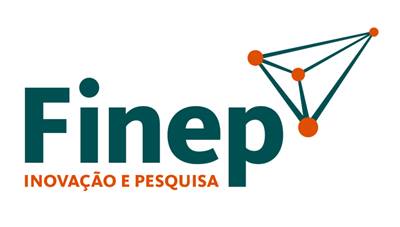
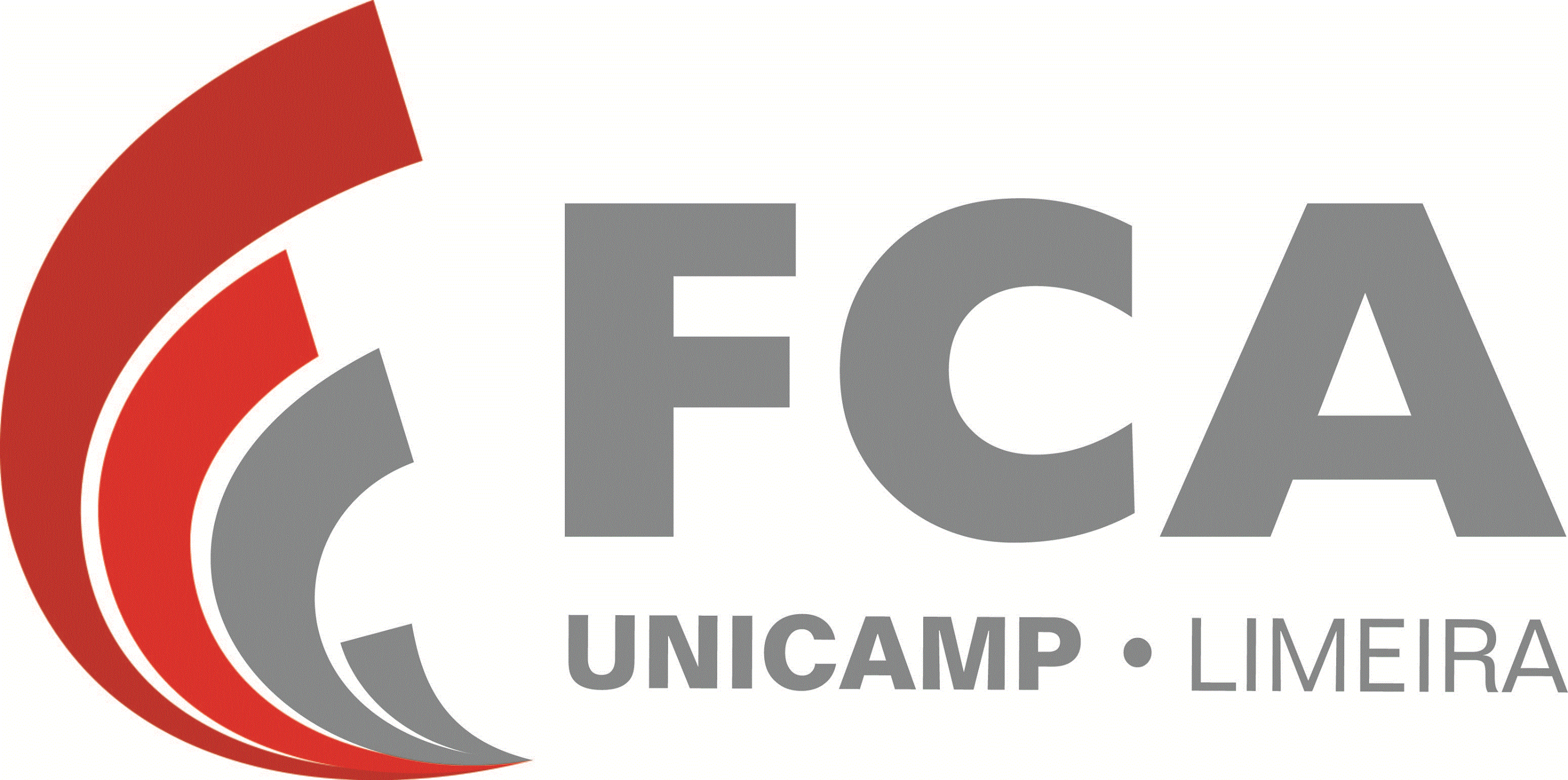

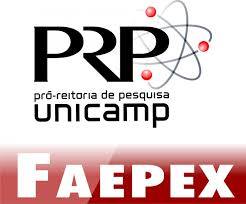
29.11
9:00 às 11:00
Mesa redonda
A catástrofe de pensar. Do des-fundar de afetos inumanos e da vidência de uma nova terra
Local – Auditório do Centro de Convenções - Unicamp
Mediadora: Profa. Dra. Carolina Cantarino Rodrigues
Prof. Dr. Luiz B. L. Orlandi | Unicamp | São Paulo |
Repensar por força de catástrofes geocidas - Como se não bastassem as séries de estratégias de produção capazes de se aliarem, de tempos em tempos, a forças dispostas a semear ondas de sucateamento de vidas humanas, estamos mergulhados agora nos sintomas que elevam a uma extraordinária potência o estrago provocado por uma nova aliança, aquela que se faz entre variados sucateamentos de mundos biológicos e forças cúmplices de iniciativas geocidas.
Prof. Dr. Marco Antonio Valentim | UFPR | Curitiba |
Cosmopolítica e entropia - nos célebres parágrafos finais de Tristes trópicos, Lévi-Strauss elabora uma das reflexões mais profundas e complexas da antropologia moderna. O antropólogo levanta uma contradição que seria a “de toda a humanidade”: “De que serve agir se o pensamento que guia a ação conduz à descoberta da ausência de sentido?” Ou seja, como dedicar-se simultaneamente “aos homens” e “ao conhecimento”, quando aqueles, sob a forma de múltiplos povos, lutam por sobreviver, e este assevera que “o esforço do homem se opõe inutilmente a uma decadência universal”? Porém, será que o zelo pela diversidade de culturas e formas de vida exige forçosamente a renúncia ao conhecimento da natureza, às custas de, caso contrário, a antropologia reduzir-se de direito à física dos processos irreversíveis? Por outro lado, se, como afirma Mauro Almeida interpretando Lévi-Strauss, “as transformações do espírito devem enraizar-se na matéria, subordinando-se assim a leis que regem máquinas reais”, não é igualmente necessário que, assim enraizado, o espírito possa como que desvairá-la, subvertendo o sentido da “flecha do tempo” (Prigogine & Stengers)? Mas supor, com isso, que culturas distintas constituem naturezas também distintas, não é, por sua vez, operar a redução inversa? Será mesmo incontornável uma tal alternativa infernal? Em suma, como compor uma divergência irredutível entre mundos que diferem com a implacável entropia do cosmos?
11:00 às 12:30
Conversa com artista
Ecologias das práticas artísticas: emaranhando naturezas e ciências.
Local – Auditório do Centro de Convenções - Unicamp
Marcelo Moscheta | artista visual | São Paulo |
Mediador: Prof. Dr. Wenceslao Machado de Oliveira Jr.
Desde o início da sua carreira artística, no ano 2000, o artista tem realizado obras e exposições que nascem de seus deslocamentos por lugares remotos, onde coleta objetos que provêm da natureza e que ele reproduz por meio do desenho e da fotografia, criando instalações e objetos.
Recentemente tem voltado seu interesse para pesquisas com fronteiras e limites impostos a territórios e também na relação que os rios estabelecem com a paisagem ao longo de seu curso.
Em 2015 desenvolveu o projeto Arrasto em que percorre toda a extensão do Rio Tietê coletando minerais em suas duas margens e também pesquisa camadas ancestrais de memórias no Rio Trebbia, na Itália e na fronteira do Canadá e Estados Unidos. Em 2014 participa como residente nas Bienais de Vancouver e Montevideo, onde também realiza a expedição Oriente, ao longo do Rio Uruguay.
Ampliando a escala das intervenções iniciadas nos trajeto ao longo dos rios e depois nas paredes e estantes que receberem as coletas, abre-se um o leque de questionamentos possíveis: fronteiras líquidas, identidades construídas, geografia e geopolítica, novas cartografias, questões de escala e coordenadas geográficas como determinantes do atual/real.
Diante de migrações em massa e explorações desenfreadas dos recursos minerais do planeta a arte contemporânea transformou o histórico e bucólico gênero paisagem numa das principais arenas de reflexão e entendimento do nosso lugar no mundo, um território onde são construídas as relações entre homem e meio, tecnologia e memória, identidades e nomadismo.
14:00 às 15:30
Conferência
Troca e participação na era do fim: revisão de conceitos diante dos constrangimentos ecológicos
Local – Auditório do Centro de Convenções - Unicamp
Prof. Dr. Stelio Marras | USP | São Paulo
Mediadora: Profa. Dra. Susana Dias
Esta comunicação propõe avaliar a pertinência atual das noções de troca e participação uma vez revistas diante dos constrangimentos das crises e dos desastres ecológicos ou ambientais que já vivenciamos e que tendem fortemente a crescer. Uma tal revisão conduz ao alargamento dessas noções e, por conseguinte, a um abalo do antropocentrismo ou excepcionalismo dos humanos em sua versão moderna. Trata-se de valer-se de uma certa antropologia para criticar outra certa antropologia num momento em que proliferam as narrativas, incluindo as científicas, sobre o fim do mundo – ou deste mundo tal como o conhecemos.
15:30 às 17:00
Conferência [com tradução consecutiva]
‘Weather is Water with a (Financial) Attitude’: Derivatives and the Dividual Making of Liquidity
Local – Auditório do Centro de Convenções - Unicamp
Dr. Erik Bordeleau | SenseLab | Canadá |
Mediador: Sebastian Wiedemann
In The Power at the End of the Economy (Duke University Press, 2015), Brian Massumi suggests that a counter-political force must engage directly with neoliberalism on its very ground, that is on the infra-individual level where pre-reflexive priming operates. This affective and meteorological politics of the dividual differs from “pure” political approaches relying on the protective fantasy of a political subjectivation based on clear and distinct consciousness. Massumi proposes to plunge into the perceptive intimacy of disjunctive neoliberal subjectivity in order to discern a plane of transindividual vitality that could escape its containment, capture and control in the over-individualized enterprise regime. But how to do so? How to engage with neoliberalism on its very ground and revert its power, if not by experimenting directly with its main apparatus of (subjective) capture, namely finance? In this presentation, I’d like to explore what a meteorological politics of the dividual might be through a reading of Liquidity inc. (2014), Hito Steyerl’s video work. The film features a former financial analyst who becomes an ultimate fighter inspired by Bruce Lee’s dictum: “be shapeless, formless, like water”. Bringing together the raw energy of ultimate fighting and a provocative interrogation about the influence of our subjective moods on the macro-economy, Steyerl highlights how the market-making process that underlies the derivative production of liquidity is always also a site of collective effervescence.
28.11
|Imediações Aberrantes|
Grupos de trabalho e propostas aceitas
Working groups and proposals accepted
AQUI
28.11
Imediações Aberrantes - Sessões de trabalhos inscritos
Mediadores Convidados
Imediações Grupo 1
Prof Dr. Wenceslao Machado de Oliveira Jr (FE-Unicamp), Profa. Dra. Isaltina Mello Gomes (UFP), Ana Carolina Costa (FE-Unicamp) e Lavínia Rangel (Programa de Iniciação Científica Júnior-Labjor-Unicamp)
Imediações Grupo 2
Profa. Dra. Davina Marques (IFSP), Profa. Dra. Alda Romaguera (Uniso) e Carlos Augusto Silva (UFPA)
Imediações Grupo 3
Prof. Dr. Leandro Belinaso Guimarães (UFSC), Dr. Gustavo Torrezan (Unicamp) e Ms. Glauco Roberto (Labjor-Unicamp)
Imediações Grupo 4
Profa. Dra. Maria dos Remédios de Brito (UFPA) e Ms. Marcus Novaes (FE-Unicamp)
Imediações Grupo 5
Prof. Dr. Silvio Gallo (FE-Unicamp) e Rafaele Paiva (FE-Unicamp)
Imediações Grupo 6
Prof. Dr. Gabriel Cid Garcia (UFRJ) e Dr. Renato Oliveira (Labjor-Unicamp)
Imediações Grupo 7
Dra. Érica Speglich (FE-Unicamp), Prof. Dr. Marko Monteiro (IG-Unicamp), Ms. Michele Gonçalves (UFSC) e Ms. Bruno Moraes (Labjor-Unicamp)
Imediações Grupo 8
Prof. Dr. Carlos Martins (Unesp), Profa. Dra. Carolina Cantarino Rodrigues (FCA-Unicamp), Profa. Dra. Sandra Murriello (Universidad Nacional de Río Negro-Bariloche-Argentina) e Ms. Sara Melo (FE-Unicamp)
Imediações Grupo 9
Profa. Dra. Susana Oliveira Dias (Labjor-Unicamp), Profa. Dra. Maria Elizabeth Vidal (Universidad Nacional de Córdoba - Córdoba - Argentina), Prof. Dr. Renzo Taddei (Unifesp), Ms. Tatiana Plens (Labjor-Unicamp) e Maria Rita Zamproni (Programa de Iniciação Científica Júnior-Labjor-Unicamp)
Imediações Grupo 10
Prof. Dr. Eduardo Pellejero (UFRN) e Dra. Vivian Marina (Labjor-Unicamp)

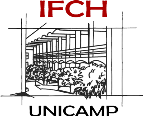

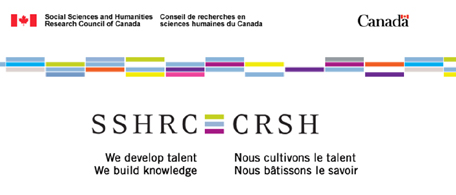
Imediações aberrantes
INFORMAÇÕES ÚTEIS:
Restaurantes, Hospedagem, Transporte
|Imediações Aberrantes|
Horário : 9:00 às 17:00
Mais informações sobre os Grupos e Mapas AQUI
|Imediações Aberrantes|
Pontos de encontro, Locais/horário, Pedidos
AQUI